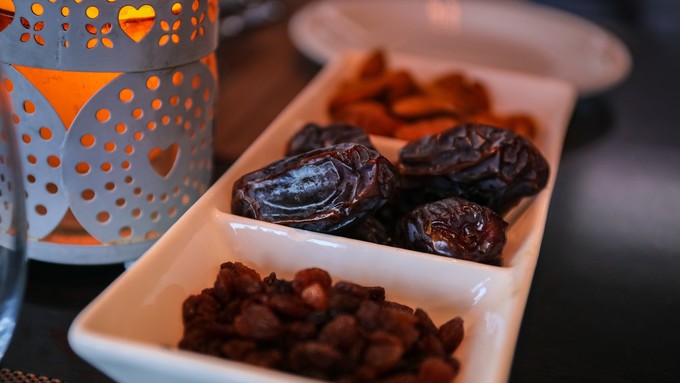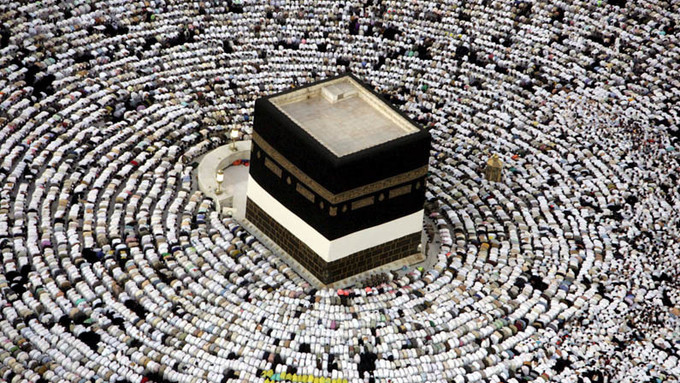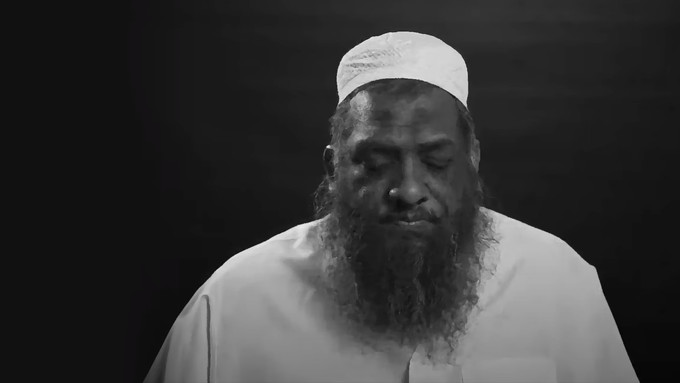Reflections on My Recent Hajj and Ziyarah to al-Madinah
For every pilgrim, going to Hajj and making visitation to al-Madinah al-Munawwarah are both communal experiences as well as deeply personal. Though this year was not my first pilgrimage, it contained a set of different experiences and lessons for myself yet had the familiar. I’d like to share a few aspects of my journey with you with the hope that these can bring some benefit beyond my personal self.
Fraternity Among Believers
I can safely say that Hajj is a pilgrimage that no other group of religious people have. Its days, common rituals and rites down to common greetings bind Muslims together across nationality and class differences to an exponentially higher degree than Catholics have visiting the Vatican, Protestants have going to Bethlehem for Christmas, etc. Each time that I have traveled to Makkah, I have tasted the spiritual reality of Ummah and have been the recipient of acts of kindness from persons of different ethnic backgrounds who I may not have much in common with except for one thing which is the most important, La ilaha illAllah Muhammadun Rasullah.
One such experience was when I was making Tawaf in which it was about 105 degrees in Makkah, not including the extra body heat being generated by the sea of people closely packed together. On the third circuit going around the Kab’ah while reciting as-Salah ‘ala an-Nabi, I almost effortlessly was able to touch the Black Stone while many people were pushing and shoving in extremely close proximity. After touching the Black Stone and quickly gliding away towards the Station of Ibrahim (peace be upon him and his family), I glanced over and happened to make eye contact with an Arab brother around my age. He looked at me and smiled then took his left hand and wiped the sweat from my face and then wiped it upon his face. I am not sure as to if he simply wanted to get the sweat away from my eyes and wiped it upon himself as a sign of brotherly affection and/or was seeking blessing through my sweat from my touching the Black Stone. What I do know is that this act, which would probably seem gross or unhygienic to a lot of folks outside of our tradition, was a moment of brotherhood between that Arab brother and myself who did not know my name, country of origin or anything about me personally. We were both Muslims walking in the footsteps of our beloved Muhammad (prayers and peace be upon him & his family), and that was all that was needed in that moment for a connection.
Seeking Prayers and Advice from Scholars
Technology can never replace human interaction especially when it comes to the influence of spiritual states of those who we interact with in person that are righteous persons. Hajj has always served as an opportunity in which people of different countries can meet for the first time with scholars from far-away lands and for students of knowledge to be reunited with their teachers. I had the opportunity to spend time with two such teachers.
The first teacher that I saw was Shaykh Mahy Cisse (may Allah preserve him) from Kaolack, Senegal. As I was leaving Fajr prayer at the Haram, I looked up and saw him. He told me that he knew that I was seeking him out. The following day in Mina, I was directed to his tent while he was giving a lesson on the rites of pilgrimage according to the Maliki school of thought. After the lecture, I asked for his du’a then as is traditional I asked him to advise me. He then gave me about five minutes of advice relating to taqwa (regardfulness for Allah) being the spiritual disposition that brings one in the presence of Divine love and honor in this world and the hereafter, and the relationship between taqwa and being in constant dhikr (remembrance of Allah). Before parting, he held my hand and repeated thrice, “Don’t forget.” Given that the shaykh knows me and the type of work that I do in the community, I appreciated the reminder greatly.
The second shaykh that I had the pleasure of spending several hours with before leaving al-Madinah al-Munawwarah was Khalid Amin (may Allah preserve him). Shaykh Khalid is a “pioneer,” a term that those of us who came from the community of Imam Warith Deen Mohammed (may Allah reward him immensely for what he did for us) use for elders that were in the Nation of Islam (NOI) then followed Imam Mohammed to the Sunnah in 1975. Shaykh Khalid later studied in al-Madinah and Morocco where he raised three sons to become students of knowledge who memorized the Qur’an in the Hafs and Warsh readings. What Shaykh Khalid repeatedly stressed to me while we were alone, as well as in the company of Imam Sulaimaan Hamed (may Allah preserve him), the resident imam of the Atlanta Masjid of al-Islam in Atlanta, along with two African American students at the University of al-Madinah, was that loving people is paramount over the scholastic knowledge that we obtain from books and that the key to da’wah to those who are not Muslims is to have love for their humanity and sincere concern and empathy for them. He stated specifically that what African American Muslims need to reclaim was a predominant expression of the NOI especially pre-1975 — that poor people in the ghettos of America knew that Black folks who publicly identified as Muslims had sincere concern for them. He also stressed working for Allah (Mighty & Sublime) with utmost sincerity, and cautioned us against public relations gimmicks and being sucked in by people who try to sell us the idea that we treat ourselves like brands as if we are items that can be marketed and sold.
There is much more that I could share about my recent trip from my first time giving the khutbah on the Day of Arafat to my visitations to al-Masjid al-Nabawi, al-Baqi’, Uhud and Khandaq. What I will conclude with is that there is no journey for the believers like Hajj and no visitation more special than visiting the Prophet (prayers and peace be upon him and his family). May Allah (Mighty and Sublime) accept the Hajj of all those who performed it this year with sincerity, and may He grant openings for those of you who have not gone to grant you the means and the ability to go.
Faith & Spirituality Related Articles

5 Practical Steps To Get You Ready for Ramadan
As Ramadan is less than a month away, we might feel we often haven't done enough to prepare for it. Here are 5 things we can do right now during Shaban to make sure that we get the most out of Ramadan. The Prophet (Peace & Blessings upon Him & His Family) supplicated,” O Allah give us the blessings of Shaban and give us the treasure of Ramadan.”

Hajj at Home: Kindling the Spirit of Arafah
Even if we are not on Hajj this year, our situation is no different. We navigate through the complexities of our daily life, immersed in the never-ending responsibilities of work and family, inundated with the intrusions of technology and social media into every minute of our lives, moving from place to place and idea to idea.
